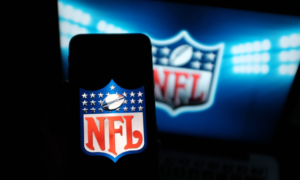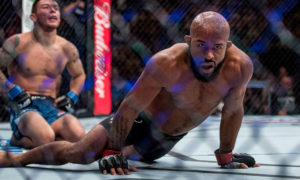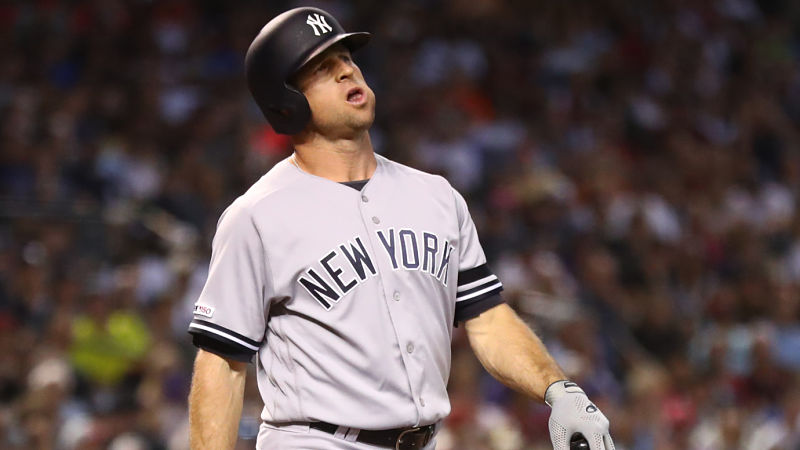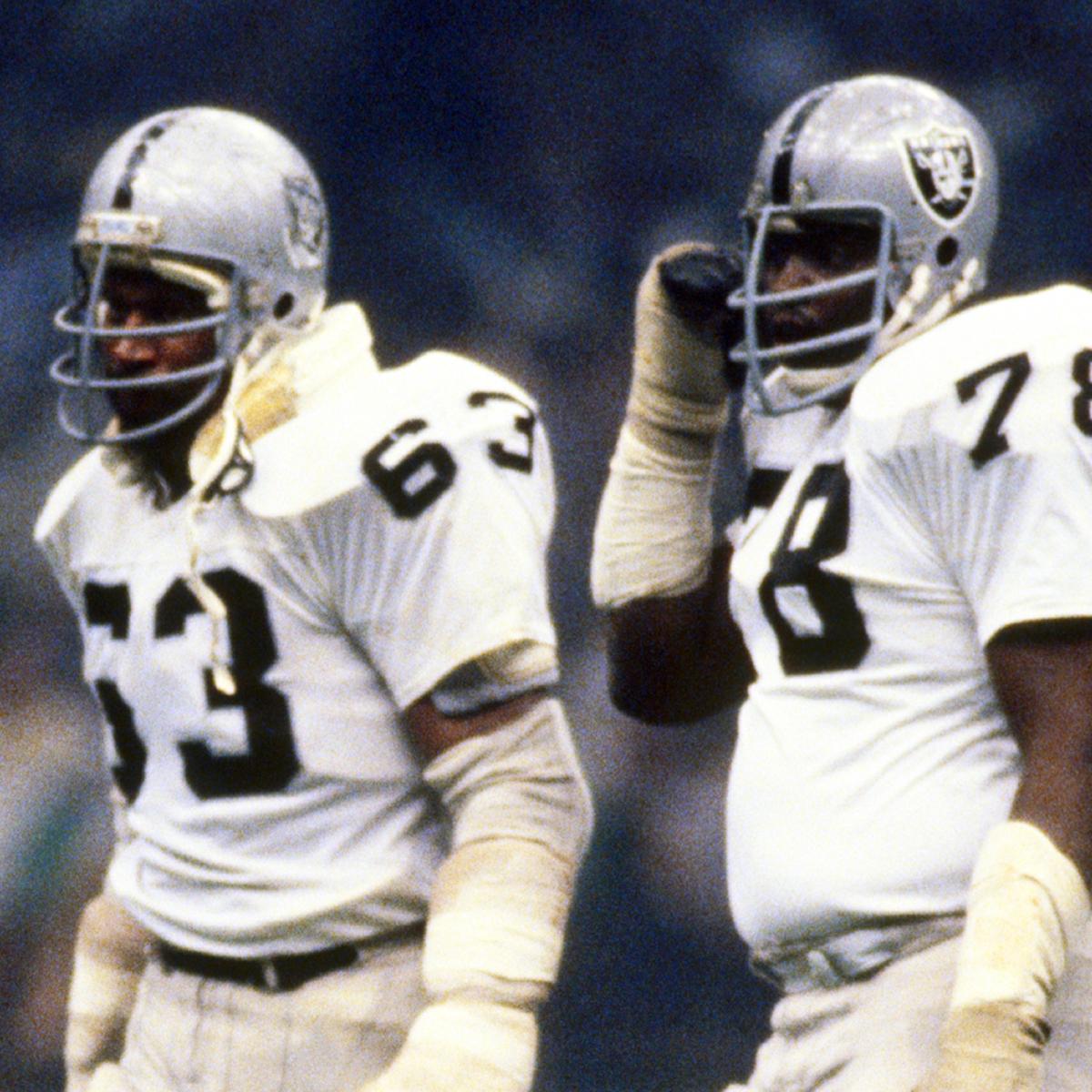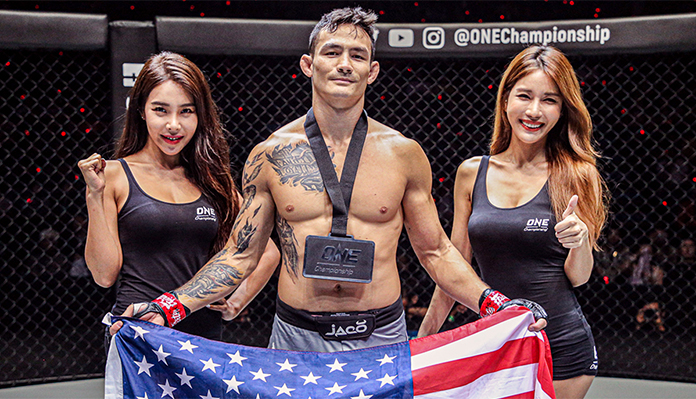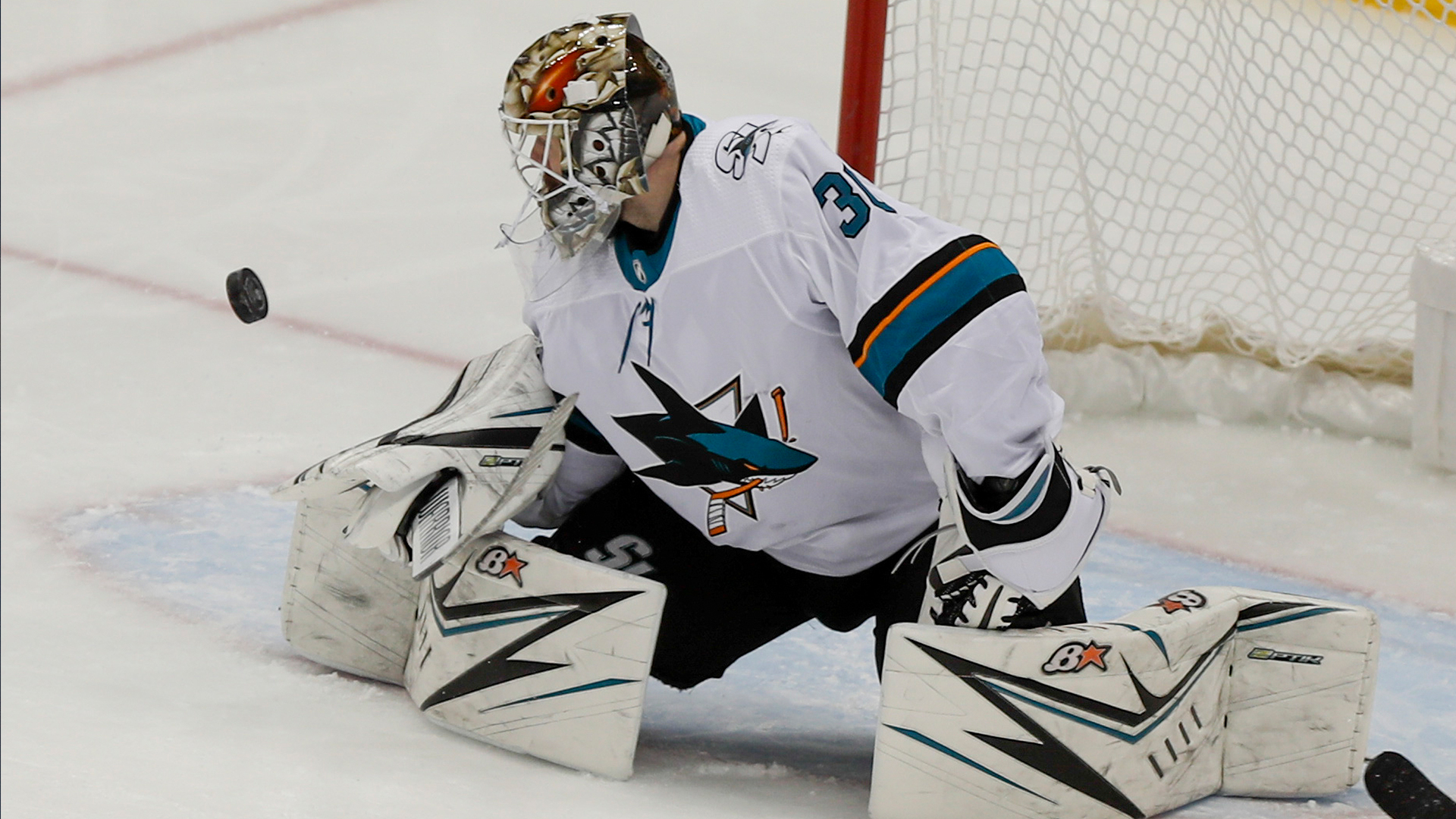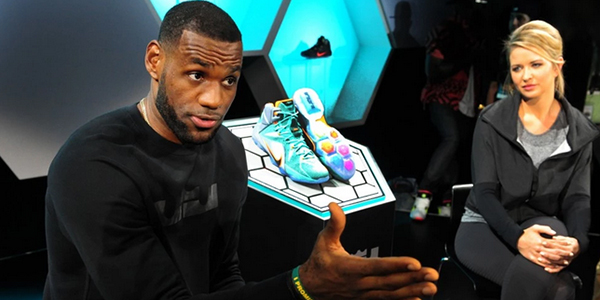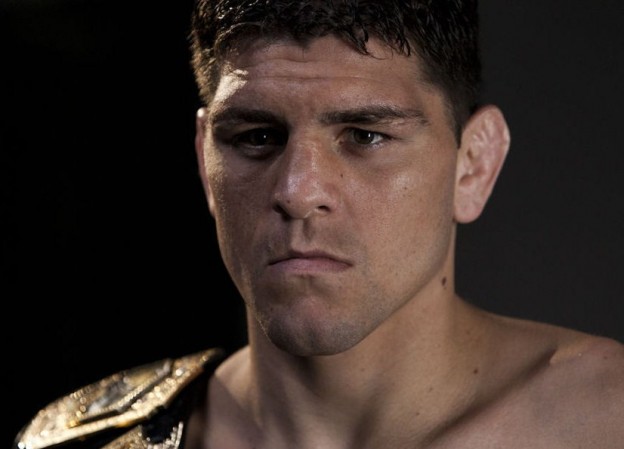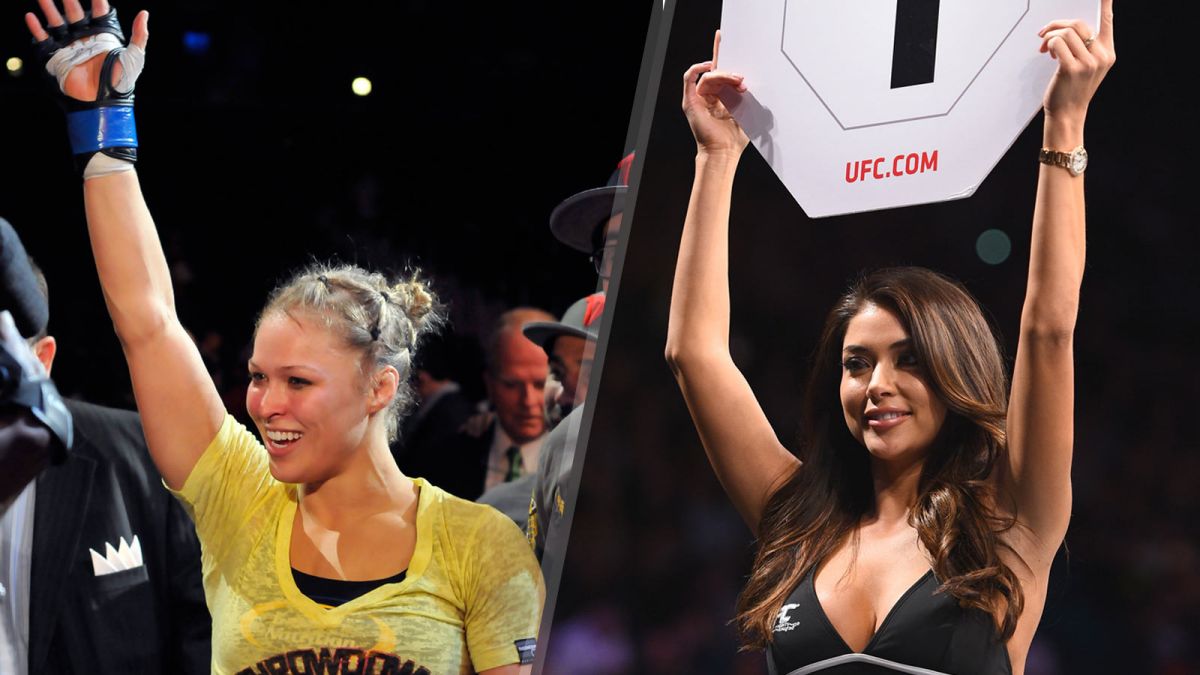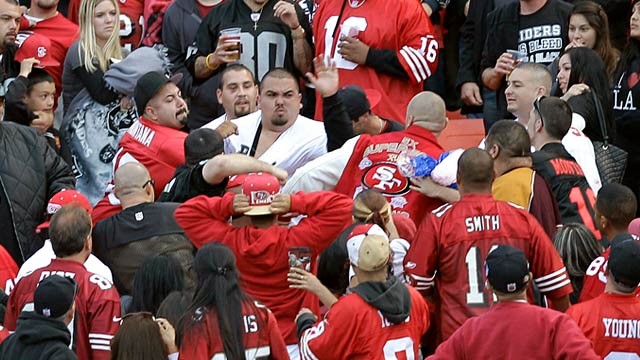L.A. dominated throughout the pandemic-shortened season and erased its October nightmares by beating the Rays.
ARLINGTON, Texas — Seven months after Clayton Edward Kershaw was born in Dallas, Kirk Gibson impossibly limped around the bases and Orel Hershiser sang hymns to himself in the dugout in between mowing down the Oakland Athletics with the deftness of a diamond cutter. Eighteen miles and 32 years from his birthplace, Kershaw held his third child, Cooper, in his right arm on the infield at Globe Life Field Tuesday with a smile as wide as a generation.
Marianne and Christopher’s kid had won everything in the game but fulfillment. Three Cy Young Awards. An MVP. One hundred seventy-five wins. A quarter of a billion dollars in salaries. The respect of his peers.
But never had he or the Dodgers won the last game of the year since Tommy Lasorda’s irrepressible Dodgers did so in the year of his birth, 1988. Kershaw lacked what greats such as Tom Seaver, Bob Gibson and Whitey Ford took to their grave: the imprimatur of an ace pitching his team to a World Series title. It is greatness confirmed.
Dodgers fans: Get SI’s special-edition Los Angeles Dodgers 2020 World Series Champions commemorative issue here

Kershaw became the proxy for the Dodgers’ lost generation: great, but never good enough to win the big moments. Starting in 2013, Los Angeles won eight straight division titles. The Dodgers were knocked out of the playoffs the past seven times. Kershaw pitched in six of those season-ending losses. With each ouster his weariness appeared deeper, his face older and sadder, his reputation smaller. As legacies go, what he had failed to do started to define him almost as much as his actual body of work.
To see him smile after World Series Game 6 was to see a yoke thrown off his neck, not to mention the entire Los Angeles Dodgers organization. At last the Dodgers reached the only acceptable outcome 32 years in the making: world champions. They defeated the Tampa Bay Rays, 3-1, in Game 6 in comeback style. Kershaw accounted for two of the Dodgers’ four series wins.
“It’s just like … oh, man … I think there’s a sense of relief that we did it,” Kershaw said. “At the same time, to work so long and so hard to do that and to be part of a group of guys you actually succeeded at the end, I … I … it’s just fulfilling. It’s a special feeling.
“I kind of can’t believe it. Honestly. I can’t believe we did it. I can’t believe that it’s over and that I did it.”
Said Los Angeles manager Dave Roberts, “I’m overwhelmed. Not that I need to control the emotions, but it’s all that it took to get here. I’m just happy for all the guys. Namely, Clayton’s at the top of the list.
“I’m just so happy for him. But this whole organization, we inherited a burden. Thirty-two years. And to get the fans what they deserve, I feel very fortunate.”
This is the century for ghostbusting. Seven of the past 19 World Series champions won for the first time in three decades or more. What the Dodgers lacked in long-term misery that befit teams such as the Cubs (108 years), White Sox (88) and Red Sox (86), they made up for with excruciatingly close whiffs at the brass ring. They fielded winning teams 26 times in the 31-season interim without ever suffering so much as back-to-back losing seasons.
Never doubt the worthiness of what the Dodgers accomplished. This team, albeit in a pandemic-shortened 60-game season, won games at a clip never seen in the organization before or since the ghosts of ’88 (43-17, a .717 winning percentage). The Dodgers led the majors in runs scored and in ERA. They hit the most home runs and allowed the fewest in the NL. They were the second-best defensive team.
They were the undisputed best team in baseball but had to go prove it in a postseason unlike anything seen before. They had to win a record 13 games to win the title while living in an MLB-mandated “bubble” designed to keep COVID-19 from shuttering the whole operation and its $1 billion in television money.
They won it just in time. The phone rang in the Dodgers’ dugout during the seventh inning, just after Los Angeles had taken a 2-1 lead in Game 6. It was President of Baseball Operations Andrew Friedman calling for Roberts.
“You have to take Justin Turner off the field,” Friedman said. “He tested positive.”
Twenty-five days inside the Irving, Texas, bubble–and 58 days since any MLB player had tested positive–the saliva sample Turner provided on Monday reportedly came back as inconclusive during the second inning of Game 6. MLB wanted to make sure it was not positive. It quickly identified the sample Turner gave Tuesday morning and ran it through a more rapid test. That second sample came back positive.
The commissioner’s office notified Dodgers owner Mark Walter and said Turner would immediately need to be placed in isolation. That is when Friedman called Roberts.
Turner was placed in isolation in an exam room in the massive, one-acre home clubhouse here. He stayed there as the Dodgers finished off the victory, with 24-year-old Julio Urías, the last of seven Los Angeles pitchers in Game 6, getting the final seven outs without yielding a hit. Urías became the youngest pitcher to save a World Series clincher since Steve Howe did it for the 1981 Dodgers. As L.A. celebrated on the field, their thoughts were with Turner.
“It’s brutal that he’s not out here,” centerfielder Cody Bellinger said. “It’s [bleeping] horrible. I feel so bad for him.”
Quickly word spread that Turner would be joining them. Though MLB security personnel had informed Turner he should remain in isolation, as one source said, “He just basically said ‘[expletive] it, I’m going out there.’”
Turner first appeared in the dugout with a mask. Several family members in the Dodgers’ party began hugging him, apparently unaware he tested positive for COVID-19. No officials from the Dodgers or MLB stopped Turner from entering the field, where he continued to hug people and pose for pictures, often with his mask removed.
“It’s a good thing we won tonight,” said one Dodgers coach, “because I don’t know what the hell we would have done tomorrow.”
Neither did MLB. Had Tampa Bay won Game 6, a source said, MLB would have issued rapid response tests and, after a review of the results with advice from their medical experts, then decided if Game 7 could be played as scheduled.
Watching a known COVID-19-positive player holding the Commissioner’s Trophy over his head and gallivanting among revelers may have been the most fitting–and reckless–way to end the strangest season ever staged. Shut down for four months, baseball nearly never happened this year because of bickering between owners and players over money. It nearly ended just two weeks after it began because of COVID-19 outbreaks that hit the Miami Marlins and St. Louis Cardinals.
Meanwhile, Dodgers shortstop Corey Seager used the shutdown as time to rebuild his body. Seager had missed Los Angeles’ 2018 pennant run because of elbow and hip surgeries. After a winter entirely spent rehabbing from the surgeries, he returned to hit .272 in 2019 but never felt in true baseball shape.
He returned to normal baseball conditioning last winter, a welcome regimen made longer by the COVID-19 shutdown. Every day through spring and summer he would report to Dodger Stadium and work out in his cleats–as if he were playing a season.
“Cleats are big for me,” Seager said. “I need to feel the cleats in the ground so it feels the same as playing in a game.”
The added training work led to a career high in slugging (.585).
“The extra time was the best thing for me,” Seager said. “The biggest this year is how much stronger I feel. And when you are confident physically about how you feel that translates into confidence in how you play.”
Seager continued his surge in the postseason. He hit .328 with eight homers and 20 RBI in 18 games, winning the MVP Award of both the League Championship Series and World Series.
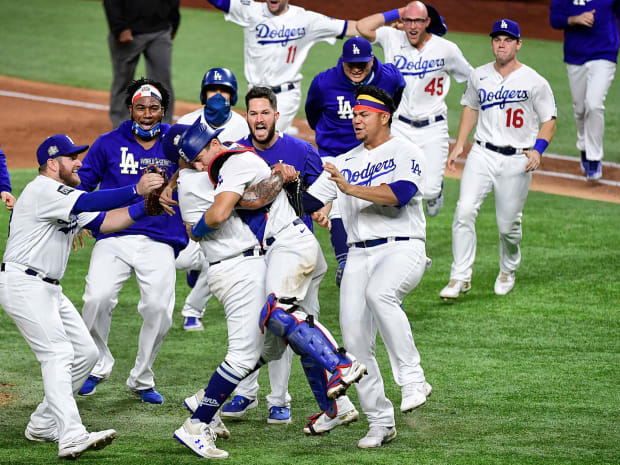
He drove in the tie-breaking run of the clincher, though he had Rays manager Kevin Cash and Mookie Betts to thank for that opportunity.
Los Angeles trailed Tampa Bay 1-0 entering the sixth inning. Rays starter Blake Snell was magnificent, flummoxing the Dodgers with an incredibly divided sampler box of curveballs (15), sliders (15) and changeups (14) to complement his fastballs (29). The Dodgers missed on nearly half of their attempts to make contact (16 of 34).
Yet with one out in the sixth, after Austin Barnes dropped a routine single into centerfield, Cash literally ran out of the dugout to remove Snell in favor of Nick Anderson. The move was stunning in triplicate:
1. He removed a hot pitcher to bring in a cold one. (Anderson had yielded runs in six straight appearances.)
2. He lifted a left-handed pitcher to bring in a right-handed fastball pitcher against a guy, Betts, who was slugging .613 against right-handed fastballs and a major-league worst .286 slugging against lefties (min. 75 at-bats).
3. Snell had faced Betts, Seager and Turner–the next three hitters due up–six times in the game and struck them out all six times.
The Rays are the most efficient team in baseball by living on the cutting edge of technology and analytics. They used 3D Motion Camera Video to correct a flaw in the delivery of Tyler Glasnow in Game 1. (The Dodgers still peppered him in Game 5.) Pitching coach Kyle Snyder looked at the scoreboard after every pitch to decode the “Induced Horizontal Break” and “Vertical Break” listed on the Globe Life Field scoreboard. In Game 2, for instance, the numbers told him Snell’s fastball did not have its usual carry through the zone, so the Rays called for a career-high percentage of sliders.
Analytics have taught Cash that pitchers begin to lose their effectiveness as they pitch a third time through the lineup. During the regular season, only five teams let their starters face hitters a third time less than did the Rays.
On this night, though, Snell had thrown only 73 pitches. Only three pitchers all year managed to get the Dodgers to swing and miss more than Snell did. Cash tried to explain why he would take a hot pitcher out of the game. His rambling answer sounded more like something spit out of a computer than something he observed. It had nothing to do with how Snell or Anderson were actually throwing the baseball.
“My motive,” Cash said, “was the lineup the Dodgers feature is as potent as any team in the league. Personally, I felt Blake had done his job and then some. Mookie coming around for the third time through. I value that.
“I totally respect and understand the questions that come with it. Blake gave us every opportunity to win. He was outstanding. They are not easy decisions. I felt it was best after the guy got on base–Barnes got the single–didn’t want Mookie or Seager seeing Blake a third time.”
Anderson threw Betts three straight fastballs. The pitch had been almost unhittable during the regular season–.097. But that was a month ago. Postseason work took the precision and life off his heater. Batters were hitting .270 off it.
Dodgers fans: Get SI’s special-edition Los Angeles Dodgers 2020 World Series Champions commemorative issue here
Betts blasted the third fastball down the left-field line for a double. Barnes stopped at third. But Anderson escorted him home with the tying run by bouncing a curveball to the backstop. Seager came through next with what appeared to be a harmless groundball to first baseman Ji-Man Choi.
Back in Game 1, Betts confounded the Rays with a brilliant baserunning play at third base. When he saw third baseman Joey Wendle playing far off the bag for the left-handed hitting Max Muncy, Betts took a short primary lead so as not to arouse suspicion from Wendle (the third baseman had deked him back on the previous pitch to shorten his lead), then stole a bigger lead as the pitcher, Glasnow, came set. The clandestine lead gave him enough of a head start to score on a grounder to first. He had faked out the Rays.
This time the Rays ordered Wendle to hold him on, nearly in the manner of a first baseman. And it still didn’t matter. Betts broke quickly as Seager hit the ball. Choi waited for a slow second hop rather than charging it, providing the sliver of time Betts needed to slide in easily with the go-ahead run. It took only six pitches for Cash’s relief option to turn a lead into a season-ending deficit.
Manny Margot, though unsuccessful, provided one of the series’ highlights when he tried to steal home off Kershaw in Game 5. Nobody had pulled off a straight steal of home in the World Series since Jackie Robinson in 1955. In what has become a static game around the constant slog of home runs, walks and strikeouts, Betts provided echoes of Jackie with his derring-do on the bases and in the field. It was his balletic shoestring catch in NLCS with the Dodgers down three games to one to Atlanta that helped save their season; they went 7-2 after that scare. For good measure, Betts added a titanic home run blast in the World Series clincher, a reprise of the same punctuation mark he put on the 2018 World Series clincher for Boston.
“I had the highest of expectations for him coming in,” said Friedman, who traded for Betts, then signed him to a 12-year deal. “And he somehow found headroom above that and surpassed it.”
There are many reasons why this Dodgers team succeeded in the postseason when the previous seven did not. As Bellinger said, “I think we’ve been there before and there was no way we could lose again. There was no way. And when we were down, we never doubted ourselves. It’s just the talent we have. We trusted ourselves.”
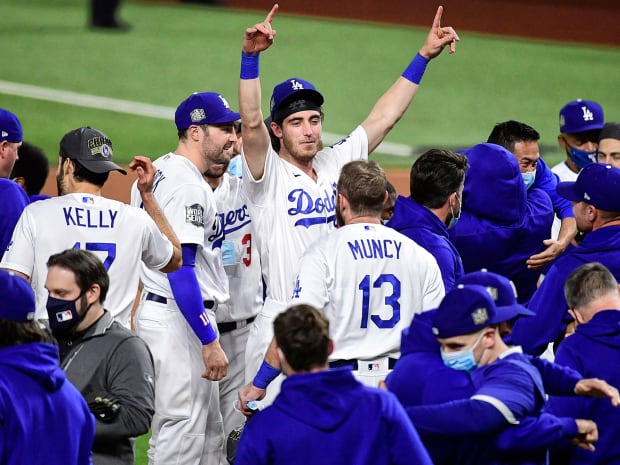
But really, Betts is the biggest difference. He is a playmaker, a term usually reserved for other sports in which you can design plays to put the ball in somebody’s hands. Turning around Anderson’s fastball was the most important swing of the series, and typical of Betts. He hit .309 this year on fastballs 95 mph or faster.
Betts’ hands are so fast that when Cash was looking for a comp for his breakout rookie sensation, Randy Arozarena, he called him “The Cuban Mookie Betts.” Teammate Kevin Kiermaier called him “the best hitter on the planet.” And teammate Willy Adames, bowing more to his sense of humor that his bat, called him, “The Latin Kevin Hart.”
In the first inning of Game 6 off Tony Gonsolin, Arozarena hit his 10th home run of the postseason for the Rays’ only run. Arozarena was too much a solo act without backup singers. Tampa Bay provided too many exit ramps for Los Angeles pitchers in the back end of its lineup. The 6-7-8-9 spots for the Rays hit .177 with 26 strikeouts in 79 at-bats.
Roberts used six relievers to get the final 22 outs without a run crossing the plate. You’re not supposed to win a World Series game with your starter getting no more than five outs. Teams had been 16-51 (.239) when that happened. Only one team since 1948 clinched a World Series with such a short start: the 2014 Giants, who rode Madison Bumgarner in relief for five innings to beat Kansas City in Game 7. But Roberts, who had a deft hand throughout the series, won it with a bullpen conga line, beginning with Dylan Floro entering to whiff Arozarena on three changeups in the second inning.
“I told Flo tonight, ‘Flo, you got Arozarena in that spot and we’re going to win the World Series,’” Roberts said.
To get him in the second inning?
“Yep. That early,” Roberts said.
Floro happened to be standing next to Roberts at the time.
“Did I not tell you that?”
“Yeah, he told me that,” Floro said. “Right before the game.”
“As soon as he came out to the mound,” Roberts said, “I told him, ‘We’re going to win the World Series tonight because of you.’ And I told him about a month ago to ‘Start throwing your friggin’ changeup.’”
For all the heat he has taken–including his own previous worshipping of the third-time-around theorem–Roberts improved his postseason winning percentage to .585 (38-27). Only four other managers have been more successful with a minimum of 40 postseason games: Hall of Famers Joe McCarthy, Sparky Anderson, Joe Torre and Casey Stengel.
For the Rays to get through the Dodgers lineup proved far more formidable, sort of like getting through L.A traffic on a Friday afternoon in the summer. Everywhere Rays pitchers went they encountered congestion and aggravation.
The Dodgers forced pitchers this postseason to throw 151 pitches per game. Eleven Dodgers homered in the postseason, including nine players from eight spots in the batting order just in the World Series.
“These guys are at another level compared to the Yankees and Astros,” said Snyder, referencing the teams the Rays beat in two previous rounds. “The Yankees had more swing and miss and with the Astros you had some places to go to get outs with certain pitches. They’re both excellent offensive teams, but the Dodgers are on another level. They just don’t bite on the strike-ball breaking ball. So you have to try to get them out in the strike zone. They don’t chase and they have six guys who do damage.”
“Watching the Dodgers hitters,” bench coach Matt Quatraro said, “you almost never seen them off balance. It’s amazing to see one after another, on time on high velocity and on balance on soft stuff.”
Before the Dodgers faced Glasnow in Game 5, Los Angeles hitting coach Robert Van Scoyoc said, “We’re going to kill him.” Asked why, he said, “Because we get to pitchers when we see them a second time.”
The Dodgers saw four starters a second time: Max Fried and Ian Anderson of the Braves, and Glasnow and Snell of the Rays. They won all four times getting a second look.
“You try to get a feel for what they’re doing,” Van Scoyoc said. “The more times we get to look at them the more we’re able to put a plan together. It’s also picking up on any tendencies and patterns. Every puzzle is a little different. We put the puzzle together.”
For 32 years, the 1988 team haunted over Dodger Octobers. That group of upstarts, held together by bandages and Lasorda incantations, seemed to alchemize will into triumph. It was, in Kershaw’s case, a lifetime ago.
These recent Dodger teams gained the opposite reputation: boatloads of talent adrift in a sea of disappointment. That’s why this World Series title had so much meaning, short season or not. The Dodgers won a championship and recast their reputation.
These Dodgers came from a three games to one deficit to beat Atlanta in the NLCS. They blew three leads and lost on one of the most ridiculously bungled final plays of a World Series game–kicking and dropping the baseball on the same play to lose Game 4, 8-7–only to bounce back with two straight wins. They came from behind to win the clincher in the Division Series, LCS and World Series.
“Relentless,” Snyder said. “That’s a good word for them.”
What made this Dodger team different? Why did this one succeed where others failed? Roberts has managed the past five teams, three of which have reached the World Series. This one, he decided, was a product of the times. The emotions and challenges of a season torn by a global pandemic and social injustice and confined by a month-long bubble, he said, created a bond and a perspective unlike any other season.
“I really think there were things outside of baseball that were, to put it bluntly, more important,” Roberts said. “I think it was the pandemic, when lives were lost, and then you’re talking about the social injustice, people like Clayton and Mookie and Justin had to do things they were not comfortable doing. Speaking out.
“For us as players to stop and not play a game in protest was huge. All this stuff just brought us together. It made us think, hey, to win one baseball game at a time, we can do that.”
The short season was supposed to engender Cinderellas. The expanded postseason, with 16 teams and a best-of-three first round, was supposed to be a minefield for the better teams. Instead, the best team in baseball won the World Series for only the 14th time since divisional play began in 1969, and it beat the best team in the other league to do so. The Dodgers played .718 baseball. They played 78 games and never lost three in a row.
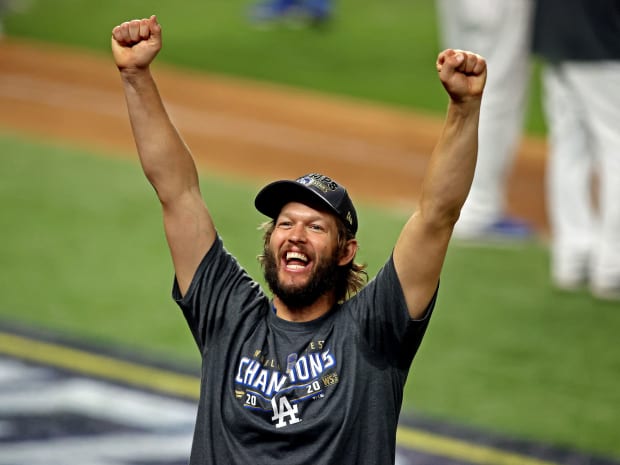
Not long after the last out and after the Commissioner’s Trophy had been claimed, Friedman ran to Kershaw on the field and hugged him. When they broke their embrace, Friedman was asked for his thoughts on Kershaw in that moment.
“Just watching the way he prepares,” Friedman said, “and how hard he works, all for this ultimate goal and to see how much he’s poured into it, and come so close and yet so far, and actually push through and accomplish it tonight … one of my first thoughts when we won was thinking about him and how the narrative will forever be flipped for him to the positive.”
Kershaw had a hard time believing it happened, but the truth is the Dodgers were just as good as advertised, maybe even better. The difficulty of processing it came from all those years of coming up short. To finally see baseball from this vantage point was like the crew of Apollo 8 taking the famous Earthrise picture on Christmas Eve 1968. “We set out to explore the moon,” William Anders said 50 years later, “and instead discovered the Earth.”
Such was the look Kershaw affected in the immediacy of the win. He was an explorer setting foot on new land. Perspective had flipped. Kershaw and the Dodgers became champions in 2020, and forever shall it be.
Dodgers fans: Get SI’s special-edition Los Angeles Dodgers 2020 World Series Champions commemorative issue here
Read more of SI’s Daily Cover stories here
——————-

